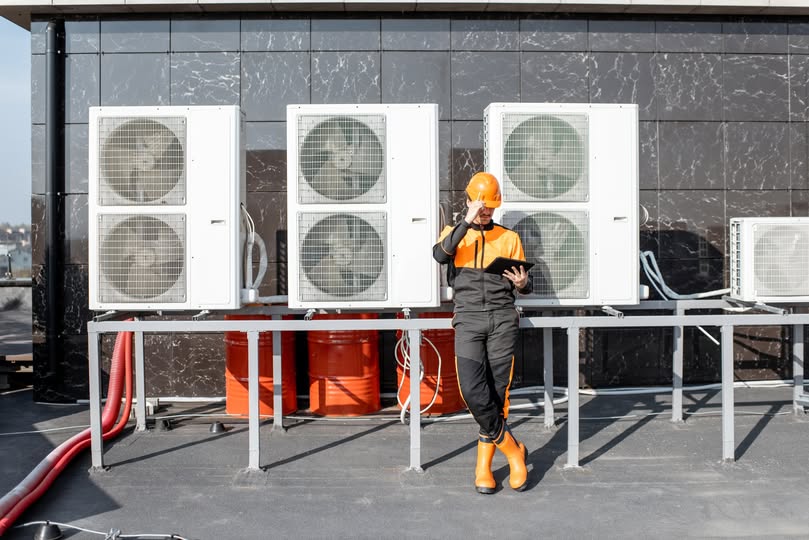The holidays are great, but if you get too distracted by all the fun you may experience a hazard if your home is not prepared. There are many safety issues that come up during these colder months. Here are three ways you can keep this season merry and bright.
Smoke Detector
It is easy to forget about smoke alarms, especially during the holidays. Everyone tends to be busy with shopping, parties, and traveling. It only takes a few minutes to test and maintain the smoke detectors in your home. A working smoke alarm can save lives, so be sure you've got them all installed correctly and working properly before you start cooking up holiday meals, using space heaters, or firing up holiday lighting. Homeowners should make sure they have a working smoke alarm outside of every bedroom or sleeping quarter. If you convert your den to a makeshift bedroom to house relatives during the holidays, consider it a sleeping quarter.
Extension Cord Safety
There are many dangers associated with electrical cords. To avoid problems, be proactive and take precautions while using extension cords this winter. Do not use frayed or spliced ones, and do not string too many of them together. Follow the manufacturer’s guidelines. If you have kids or pets, keep them from playing with the strands. They can get tangled up in them. Loose cords are a tripping hazard, but do not throw a rug over them because they can overheat. Instead, run the wires along the wall away from foot traffic.
Heat
With the cooler months upon us, it is a good idea to prepare your heating system. A poorly maintained system can cause a number of problems, from higher energy bills to the possibility of fire and even mold growth. The best way to prevent issues with your HVAC unit is by having regular inspections that include cleaning the coils, checking all connections, and making sure there are no leaks in the lines. This professional service at A-Plus Quality, located in the the Greater Toronto Area, will ensure that your unit runs more efficiently while also helping keep your home, family, and guests safe. Schedule a maintenance appointment with us today before the holiday season is officially here.



